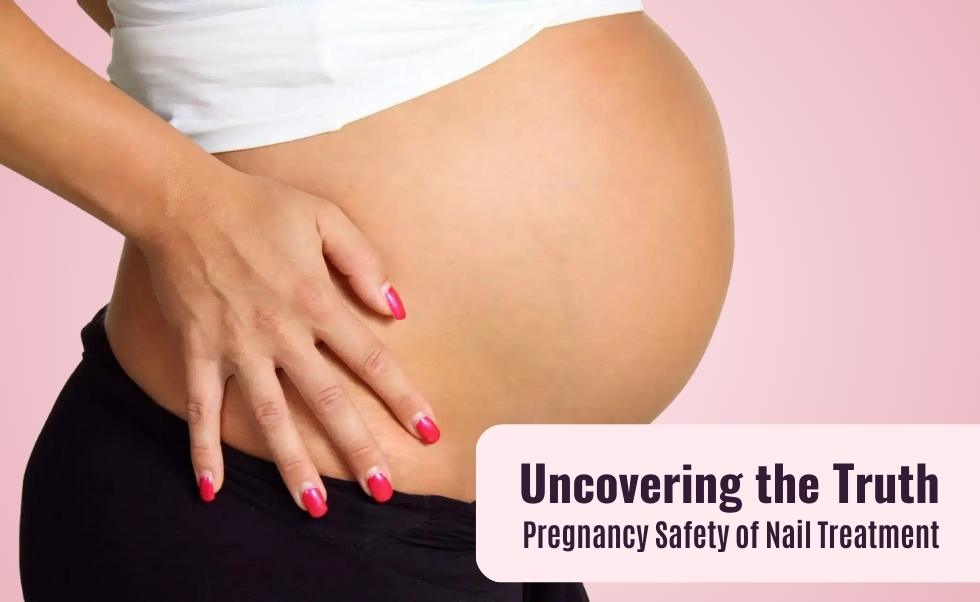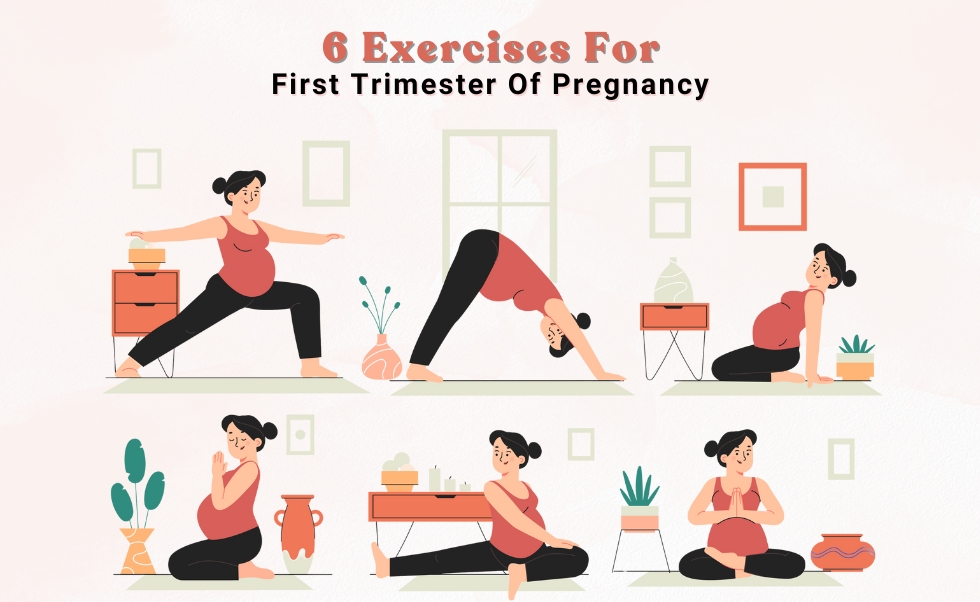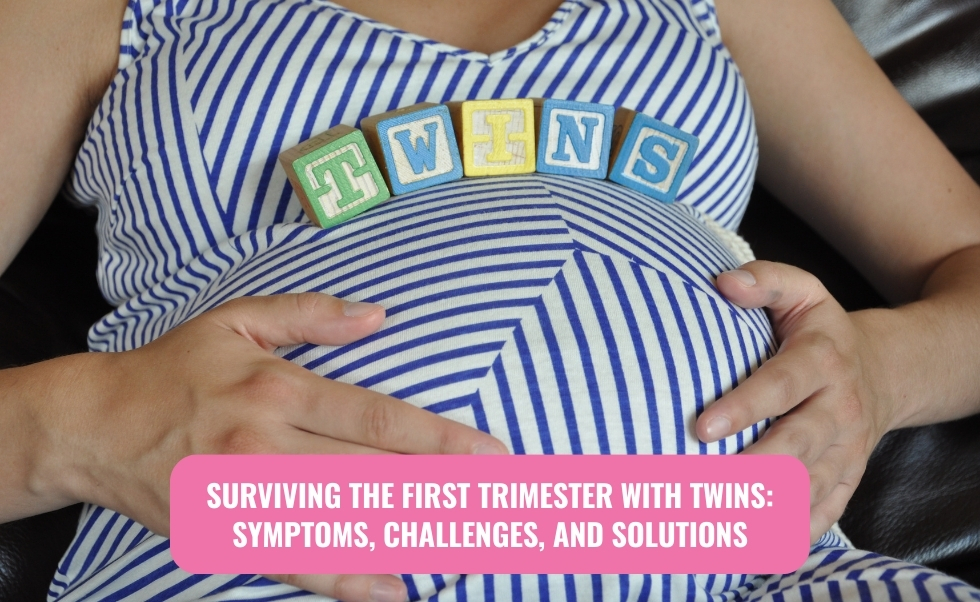Pregnancy is a transformative journey; recognising the early signs is the first step in this exciting adventure. For Indian mothers, understanding these signs can empower you to take control of your health and ensure timely prenatal care. Here, we explore the common early signs of pregnancy and provide insights on what to do next.
1. Missed Period
A missed period is often the first and most noticeable sign of pregnancy. For women with regular menstrual cycles, this can be a clear indication. However, stress, hormonal imbalances, and other factors can cause delays, so it’s important to consider other signs.
2. Nausea and Morning Sickness
Nausea, commonly known as morning sickness, can occur at any time of the day and usually starts around the sixth week of pregnancy. For some Indian women, the sight or smell of certain foods can trigger nausea. Ginger tea and small, frequent meals can help manage these symptoms.
3. Tender and Swollen Breasts
Hormonal changes can cause your breasts to become tender, swollen, or sore. This sensation is similar to premenstrual symptoms but more intense. Wearing a supportive bra can provide some relief.
4. Frequent Urination
As your body adjusts to pregnancy, it produces extra fluids, leading to more frequent trips to the bathroom. This can start as early as six weeks into pregnancy.
5. Fatigue
Feeling unusually tired is another early sign. The hormone progesterone rises significantly in early pregnancy, making you sleepy and exhausted. Priorities rest and consider taking short naps during the day.
6. Food Aversions and Cravings
You might find yourself repelled by certain foods or craving others, sometimes in unexpected combinations. This can be due to the body’s changing needs and hormonal shifts. Listen to your body, but try to maintain a balanced diet.
7. Light Spotting and Cramping
Some women experience light spotting or cramping, known as implantation bleeding when the fertilized egg attaches to the uterine lining. This usually happens when your period normally occurs but is much lighter and shorter.
8. Mood Swings
Hormonal changes can also affect your mood, making you feel more emotional or irritable than usual. Practise self-care, relax, and communicate with your loved ones about your feelings.
9. Bloating
The hormone rise can slow down your digestive system, causing bloating and constipation. Eating fiber-rich foods and staying hydrated can alleviate some of these discomforts.
What to Do Next?
1. Take a Home Pregnancy Test: If you notice one or more of these signs, the first step is to take a home pregnancy test. These are widely available at pharmacies across India and can give you a quick answer.
2. Consult a Doctor: Regardless of the test result, consulting with a healthcare provider is important. If the test is positive, your doctor will confirm the pregnancy with a blood test and possibly an ultrasound. If it’s negative and your symptoms persist, they can help determine the cause.
3. Start Prenatal Care: Early prenatal care is crucial for a healthy pregnancy. This includes regular check-ups, prenatal vitamins, and a healthy diet and lifestyle.
4. Inform Your Close Family: Sharing the news with your immediate family is not just about getting emotional support, it’s about involving them in this beautiful journey. They can help you with household tasks and be a pillar of support during this early stage of pregnancy.
5. Educate Yourself: Learn about the various stages of pregnancy, what to expect, and how to take care of yourself and your baby. Books, online resources, and prenatal classes can be very helpful.
Cultural Considerations
In India, pregnancy is often surrounded by cultural practices and beliefs. Many families follow specific traditions and rituals to ensure the well-being of the mother and baby. Respecting and understanding these customs while relying on medical advice for a healthy pregnancy is important.
Recognizing the early signs of pregnancy can help you take the necessary steps towards a healthy journey to motherhood. Stay informed, seek medical guidance, and embrace the support of your family and community. This is the beginning of a beautiful and life-changing experience.
If you have any questions or concerns, don’t hesitate to contact a healthcare provider. Your health and the health of your baby are most important. Happy parenting!







